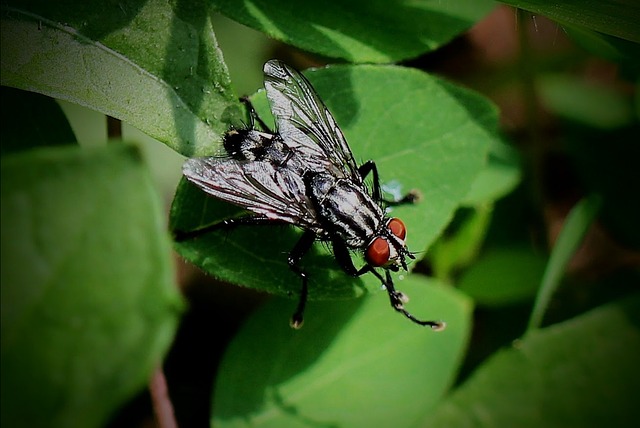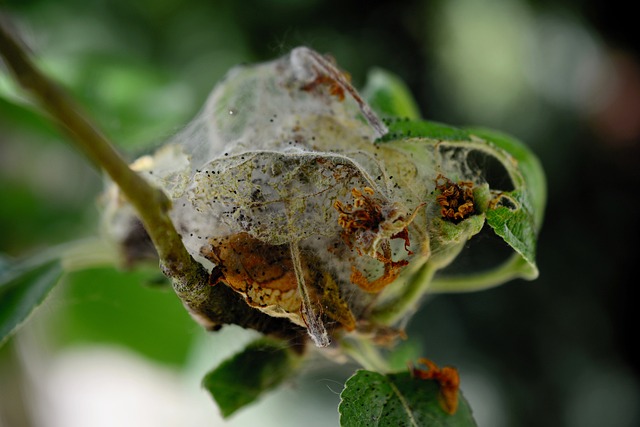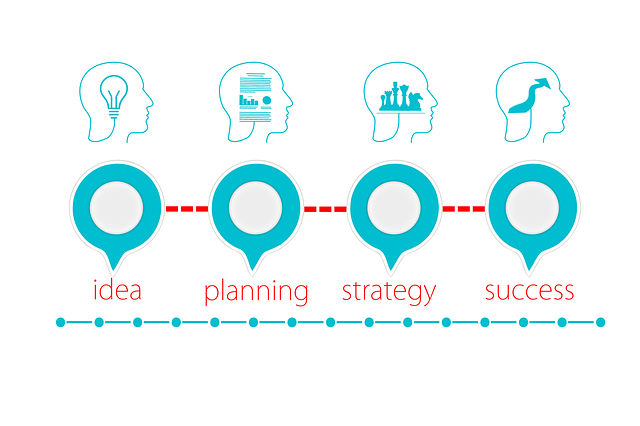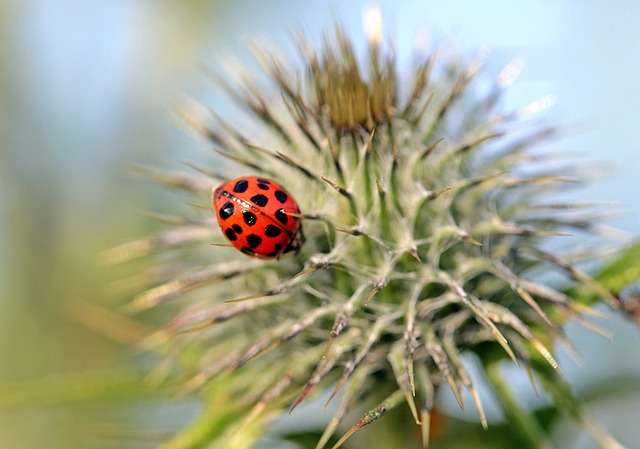Eco-friendly pest control prioritizes non-toxic, sustainable solutions through monthly plans incorporating natural repellents, beneficial insects, and organic ingredients. These plans offer regular inspections, targeted treatments, and tailored prevention to reduce chemical use, promoting healthier indoor/outdoor environments for residents and ecosystems. Smart home technology, urban gardening initiatives, and long-term practices like sealing entry points further enhance eco-conscious pest management.
“Discover the harmonious blend of environmental conservation and pest management with our comprehensive guide to eco-friendly pest prevention. Explore gentle yet effective strategies, from understanding the fundamentals of natural pest control to implementing smart home solutions. Learn why monthly pest control plans are a cornerstone of sustainable living, offering benefits like reduced chemical exposure and ecosystem preservation. Embrace nature’s remedies, essential oils, and community efforts for a greener, healthier environment.”
Understanding Eco-Friendly Pest Control: A Gentle Approach to a Healthy Environment

Eco-friendly pest control is a gentle, non-toxic approach to managing pests that prioritizes the health of our environment and well-being. Instead of relying on harsh chemicals, this method utilizes natural repellents, beneficial insects, and organic solutions to target and eliminate pests. By opting for eco-friendly methods, homeowners can enjoy a pest-free living space without leaving behind harmful residues or contributing to environmental degradation.
Monthly pest control plans that incorporate these eco-conscious practices offer a sustainable solution. These plans typically involve regular inspections, targeted treatments using natural ingredients, and prevention strategies tailored to the specific pests in your area. By addressing issues proactively, you can reduce the need for extensive chemical applications, fostering a healthier indoor and outdoor environment for both residents and local ecosystems.
Benefits of Monthly Pest Control Plans for Sustainable Living

Monthly pest control plans are a sustainable living game-changer, offering numerous benefits for eco-conscious individuals and families. By signing up for regular treatments, homeowners can effectively prevent and manage pest infestations without resorting to harsh chemicals or toxic solutions. This approach is not only kinder to the environment but also ensures a healthier living space for residents, especially children and pets.
These plans provide long-term protection by targeting pests at their source. Professional exterminators use eco-friendly methods and products that are less harmful to non-target species, including beneficial insects and wildlife. Regular inspections and treatments can also help identify potential issues early on, preventing minor problems from turning into major, costly infestations. This proactive approach aligns with sustainable living practices, promoting balance and harmony within the home and its surrounding ecosystem.
Integrating Nature: Natural Remedies for Common Pests

In the quest for eco-friendly pest prevention, integrating natural solutions into your monthly pest control plans can be a game-changer. Instead of relying heavily on chemical pesticides, many homeowners and professionals are turning to the power of plants, beneficial insects, and organic compounds to keep pests at bay. For instance, certain herbs like mint, lavender, and basil have strong aromatic properties that deter mosquitoes, ants, and even rodents. Planting these around your property can create a natural barrier without causing harm to the environment or your loved ones.
Additionally, introducing beneficial insects such as ladybugs and lacewings can effectively control populations of aphids, mealybugs, and other pests. These predators feed on the very insects that cause damage to your plants and garden. By harnessing these natural remedies, you can create a balanced ecosystem where pests are managed without sacrificing ecological health. This approach not only aligns with sustainable practices but also ensures a safer and more harmonious environment for both humans and wildlife.
The Role of Plant Essential Oils in Repelling Invaders

Plant essential oils have long been recognized for their antimicrobial and insect-repelling properties, making them a natural and eco-friendly solution in the realm of pest control. These concentrated extracts from plants offer an alternative to traditional chemical pesticides, which can be harmful to both the environment and beneficial insects. By integrating essential oils into monthly pest control plans, homeowners and businesses can effectively deter pests without compromising their ecological balance.
Commonly used essential oils like citronella, peppermint, lavender, and eucalyptus possess unique scents that many insects find unpleasant. When applied strategically around the home or property, these natural repellents create a protective barrier against common invaders such as ants, mosquitoes, and roaches. Unlike synthetic pesticides, essential oils are biodegradable and non-toxic to humans and pets when used properly, making them an ideal choice for those seeking sustainable pest management solutions that align with their eco-conscious lifestyle.
Creating an Unwelcoming Environment for Pests with Smart Home Strategies

Creating an unwelcoming environment for pests is essential in eco-friendly pest prevention, and smart home strategies play a pivotal role here. Implementing digital sensors and automated systems can help monitor and control pest access points. For instance, smart thermostats adjust temperatures based on activity, making it harder for pests to thrive. Motion-activated lights in gardens and entryways deter nocturnal creatures while reducing energy costs. Additionally, connected traps and sticky barriers, when integrated with mobile apps, offer real-time data on pest presence, allowing for precise and timely intervention without relying heavily on chemical treatments.
Monthly pest control plans can be optimized using these smart home tools. By combining regular inspections with automated responses, homeowners can maintain a clean, pest-free environment while minimizing the use of toxic chemicals. This approach not only promotes ecological balance but also ensures a healthier living space for families and pets.
Community Effort: Urban Gardening and Pest Management

In urban areas, community effort plays a vital role in eco-friendly pest prevention through urban gardening initiatives. By cultivating green spaces and diverse plant life, communities can naturally repel pests and reduce the need for chemical treatments. Urban gardeners can implement strategies like companion planting, where specific plants are grown together to deter harmful insects, or using beneficial insects that feed on pests. These organic methods not only promote a healthier environment but also foster a sense of community engagement.
Monthly pest control plans, tailored to urban gardening practices, can further enhance these efforts. Organic, non-toxic solutions like neem oil, diatomaceous earth, and essential oils can be integrated into these plans to address any pest issues that arise. Community-led initiatives, combined with proactive monthly treatments, can create a sustainable and eco-conscious approach to pest management in urban settings.
Future-Proof Your Space: Long-Term Eco-Solutions for Pest Prevention

To future-proof your space, consider long-term eco-solutions for pest prevention that go beyond traditional monthly pest control plans. By adopting sustainable practices, you can create an environment that discourages pests naturally, reducing reliance on chemical treatments. This involves implementing strategies such as regular cleaning and sanitation to eliminate pest habitats, sealing entry points to prevent access, and introducing beneficial insects or plants known to repel common pests.
Monthly pest control plans, while effective in the short term, can have drawbacks like environmental contamination and resistance buildup among pests. Eco-friendly alternatives, on the other hand, promote a balanced ecosystem within your living or working space. Investing in these long-term solutions not only minimizes ecological impact but also fosters a healthier, more sustainable environment for both occupants and surrounding ecosystems.
